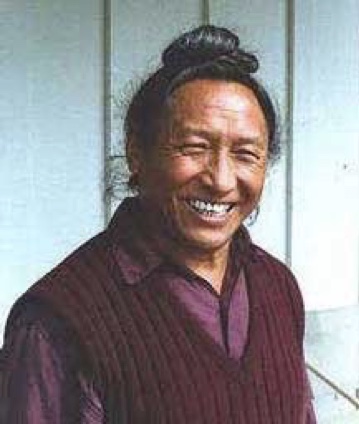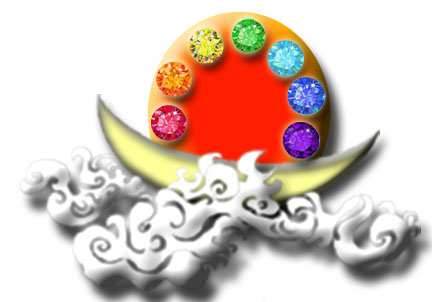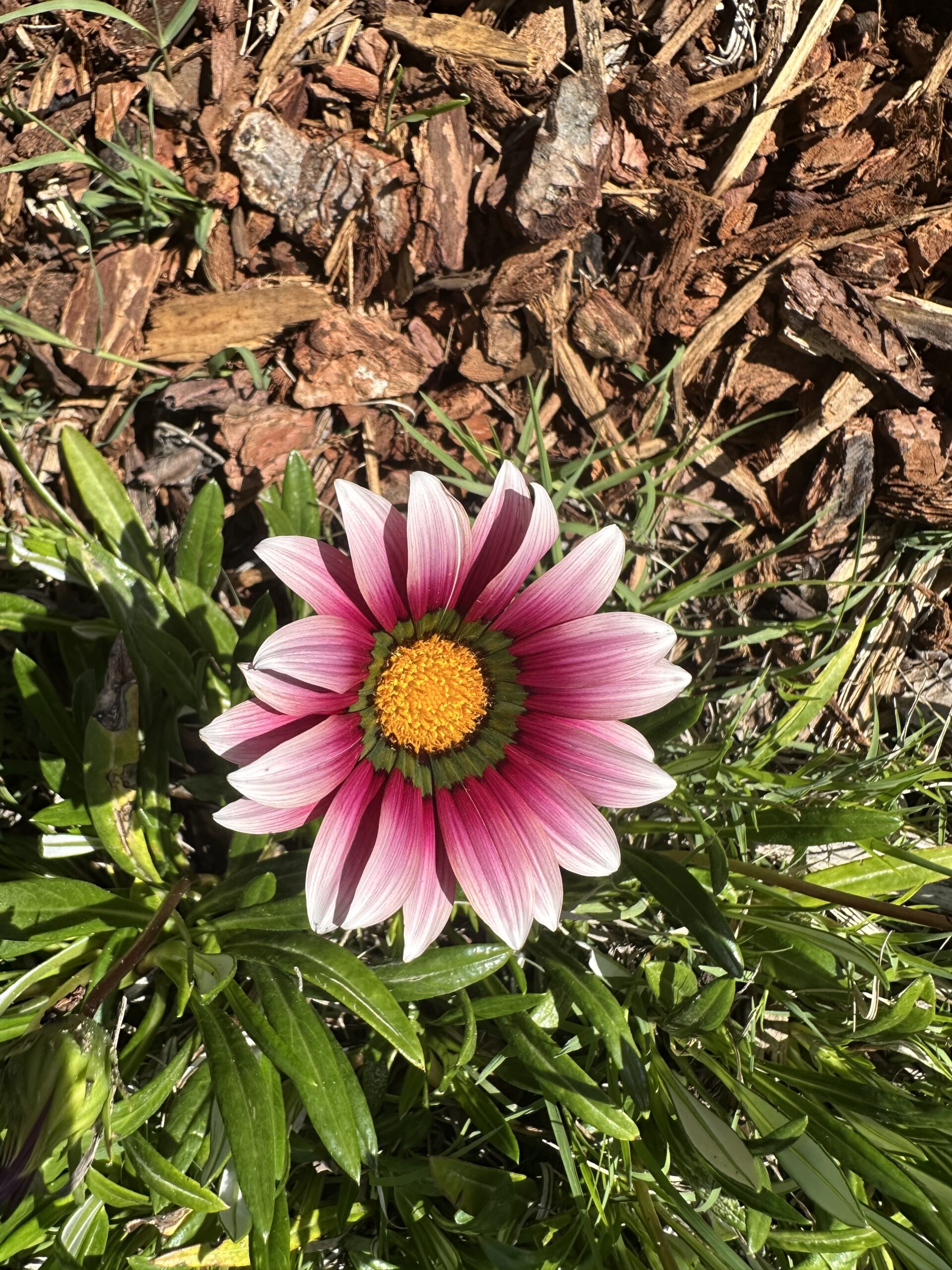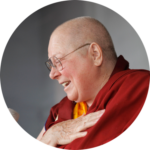
Last Sunday someone suggested we consider using “points of view” instead of using the term “debate” to describe what we want to do in following the Buddha Master’s guidelines on how to listen to and understand dharma. I did consider this and it helped me understand why we should not adopt that expression and that the word “debate” is correct–as long as we maintain a clear view on what we are wanting to do and what we must be careful to avoid. To many, it is a tainted term, tarnished by high school and college debate classes and political elections, where the object was to win at all cost and to become victorious at the expense of your opponent. We must never bring that to bear and always debate with great bodhichitta as the fundamental ground rule. We must try very hard not to embarrass the other person, but we should use these discussions to shed light on the truth of the matter and gain deeper understanding ourselves and help others do so as well.
This will be more challenging as we realize that we have people in our group who hold different belief systems from our own. We will need to practice respect for every member of our group, even if we do not share the same beliefs. It will take the development of skills to explain our own beliefs in ways that neither demean the beliefs of others nor are disrespectful in any way to the teachings of our guru, H.H. Dorje Chang Buddha III and all the Buddhas. We welcome non-Buddhists to our classes, but we ask them to respect our position as well. I believe that if we learn how to do that, it will strengthen everyone’s faith and practice.
I am also concerned about another matter that I believe we need to be careful about that I think just considering differing “points of view” might foster. It is a negative tendency that I have observed in western Buddhist groups that I want us to avoid. It stems from our fierce belief in democratic values. and might be called a reliance on the “collective wisdom of the Sangha.” Our debates will attempt to gain an understanding of what the correct dharma is. We are looking for the truth. I like to refer this as a mining effort to find the jewels or precious ore within the teachings of H.H. Dorje Chang Buddha III and Shakyamuni Buddha that can help us on our respective spiritual paths. May we develop the wisdom to do this.
I posted a letter on the temple website that Lama Tharchin Rinpoche, a Tibetan Dzogchen master in the Nyingma school, posted over twenty years ago concerning this matter: “… the idea of relying on the ‘collective wisdom of the sangha’ is dangerous because while sangha members are on the path, purifying their own minds, they are still rooted in dualistic thinking and confusion. So this Western idea of democracy – which relies on collective consensus from partial, worldly knowledge and opinion – is not the same as the wisdom mind of a teacher holding lineage and realization. We can see that this worldly approach never leads to unchanging consensus and happiness. Collecting the opinions of confused beings only leads to a larger pile of confusion. For example, Buddhas manifest throughout the six realms according to the needs of beings. We cannot vote for the Buddha who will follow our agenda. On election day in the hell realms, the winner of the popular vote could only be a supreme hell being, not a sublime Buddha.” CLICK for more.
Note: Revised article including our experience in applying these concepts to the LFBCS progam was published October 1, 2024..





Add comment